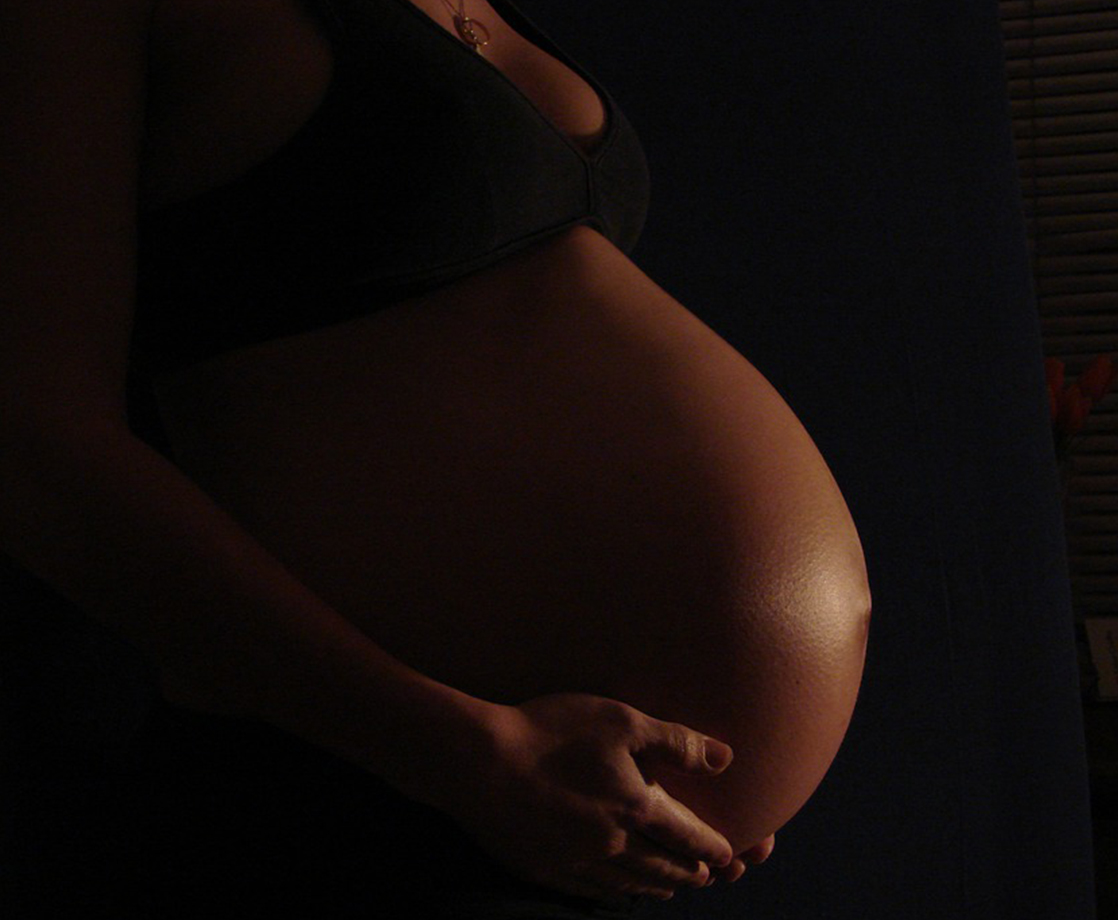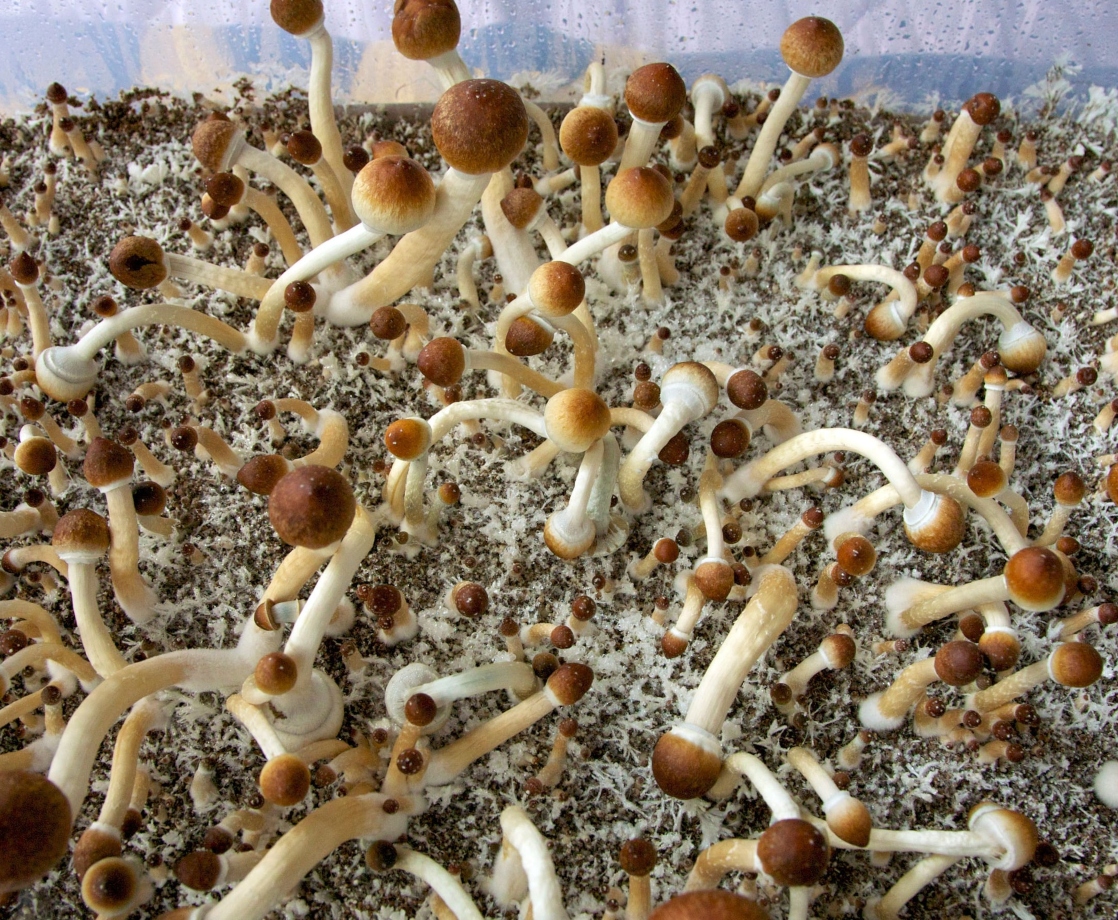A research project at the University of Victoria will investigate how weed and alcohol together may harm pregnant women or their unborn babies.
Decades of research exists for alcohol’s effects on pregnant moms and fetuses, and there’s been recent studies focusing on how pot influences pregnancies, too. But simultaneous use of alcohol and marijuana (SAM) during pregnancies hasn’t been thoroughly studied.
As cannabis becomes increasingly legalized worldwide, the urgency for more data regarding SAM on pregnancies is growing, too.
Last year, reports from Colorado found that 69 percent of the state’s dispensaries recommended weed to pregnant women. And roughly 30 percent of women believe cannabis is perfectly safe to take during pregnancy, according to a University of British Columbia study.
“We used to work to make people aware of the risks of alcohol and tobacco for a developing fetus,” said Dr. Brian Christie, a professor at the University of Victoria’s Division of Medical Sciences and the upcoming study’s lead researcher. “This generation’s issue is not dissimilar; we’re hoping that this research will provide clarity around the risks of mixed substance use, and improve public health outcomes.”
Some research suggests cannabis can negatively affect a fetus’s development. Even after birth, mothers can transfer plant compounds like THC to their infants through breast milk. However, other studies show no detrimental effects on babies birthed or raised by mothers who toke.
Evolution links some cannabinoids to positive child development. The human body produces its own cannabinoids called endocannabinoids, which, like THC, also transfer through breast milk. Scientists believe endocannabinoids are necessary to nurture feelings of hunger in nursing babies.
Could cannabinoids found in weed enhance or disrupt a baby’s natural endocannabinoid signaling? The answer may be clearer upon the study’s completion.
Follow Randy Robinson on Twitter











